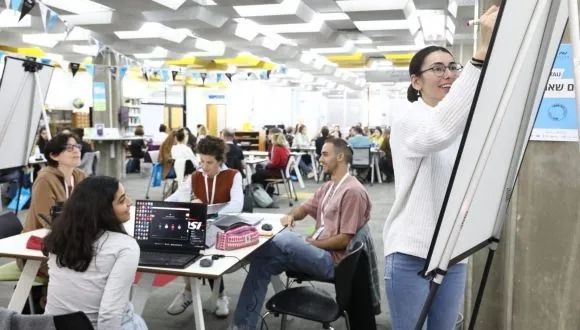
TAU’s first-of-its-kind “Twitter conference”
A “Woodstock of science” conference that originated on Twitter will bring biologists from all over the world to Tel Aviv
Are you on Twitter? When the platform first became popular many said its 140 character limit for tweets meant you couldn’t have a meaningful conversation. But that’s not what Prof. Oded Rechavi, from The George S. Wise Faculty of Life Sciences, has found. At first he wanted to use Twitter to publicize his research and get more eyes on the work his lab was producing. “But then, over time,” Prof. Rechavi says, “I realized Twitter wasn’t just about broadcasting your own stuff, there was so much I could learn there, as a scientist. I got to know so many people I wouldn’t know otherwise, I’ve been exposed to so many ideas I wouldn’t have heard about.” And so the idea for Woodstock.bio was born, with a single tweet: Was he serious about it at the time? “Absolutely not,” says Prof. Rechavi. “I didn’t think it through, and didn’t think people would be interested. It was just a tweet, I didn’t think about it for more than a few seconds.”
Nonetheless, within hours, Prof. Rechavi got responses from scientists all over the world.
Was he serious about it at the time? “Absolutely not,” says Prof. Rechavi. “I didn’t think it through, and didn’t think people would be interested. It was just a tweet, I didn’t think about it for more than a few seconds.”
Nonetheless, within hours, Prof. Rechavi got responses from scientists all over the world.
 (Colleen Murphy, molecular biologist from Princeton, and Piali Sengupta, a neurogeneticist from Brandeis)
(Colleen Murphy, molecular biologist from Princeton, and Piali Sengupta, a neurogeneticist from Brandeis)
 (Ahna Skop, geneticist from UW-Madison)
(Ahna Skop, geneticist from UW-Madison)
 (Javier Irazoqui, microbiologist from the University of Massachusetts)
Within days, Prof. Rechavi received hundreds of messages from people who wanted to participate. And so, two days after the original tweet, the idea became a reality:
(Javier Irazoqui, microbiologist from the University of Massachusetts)
Within days, Prof. Rechavi received hundreds of messages from people who wanted to participate. And so, two days after the original tweet, the idea became a reality:
 “One of the great things about Twitter,” Prof. Rechavi says, “is that it feels like a big, global community of scientists who want to learn from each other and support each other. I want the conference to feel that way too. I want it to be friendly and welcoming, I want people to feel supported by the crowd. That kind of environment is great for collaboration.”
The “Woodstock of Science”
Woodstock.bio is different from other conferences. The event will have 75 speakers, with very short talks, and presentations containing only one slide. The order of speakers within each session will be decided randomly, to keep things fresh and spontaneous.
Each speaker will choose their own “Walk Up Song”, a short musical intro, like when a baseball hitter is walking up to the pitch. As soon as one person is done talking, a random generator will decide on the next song, from among the speakers listed for that session, so the order will be a surprise even to the speakers themselves. Prof. Rechavi hopes this will make the event feel more like a festival, and takes being compared to Woodstock as a compliment.
“One of the great things about Twitter,” Prof. Rechavi says, “is that it feels like a big, global community of scientists who want to learn from each other and support each other. I want the conference to feel that way too. I want it to be friendly and welcoming, I want people to feel supported by the crowd. That kind of environment is great for collaboration.”
The “Woodstock of Science”
Woodstock.bio is different from other conferences. The event will have 75 speakers, with very short talks, and presentations containing only one slide. The order of speakers within each session will be decided randomly, to keep things fresh and spontaneous.
Each speaker will choose their own “Walk Up Song”, a short musical intro, like when a baseball hitter is walking up to the pitch. As soon as one person is done talking, a random generator will decide on the next song, from among the speakers listed for that session, so the order will be a surprise even to the speakers themselves. Prof. Rechavi hopes this will make the event feel more like a festival, and takes being compared to Woodstock as a compliment.
Does having a “Twitter conference” mean people at home, even if they aren’t scientists, will be able to follow along? “I think so,” Prof. Rechavi says, “Woodstock.bio is a scientific conference, so it will be scientifically rigorous, but I do think anyone who has an interest in science will be able to follow and learn a lot of new things.”
The conference has its own hashtag: #PhysiologicalIrrelevantConference, which attendees will use to tweet about and summarize each talk, and everyone on Twitter can read along and respond. Instead of having a Q&A at the end of each talk, with a moderator and raised hands in an auditorium, the questions and answers will happen on Twitter, and shown on a big screen in the lecture hall, as part of a conversation, with anyone who wants to join.
Woodstock.bio is a first-of-its-kind event, the result of scientists who admired each other from afar and wanted to get together in person to hang out and exchange ideas. Although seats at the event filled up quickly, and the waiting list is as long as the list of attendees, you can still follow the event and participate on Twitter, using the hashtag #PhysiologicalirrelevantConference, on February 13-14th. We’ll see you there!
Related posts
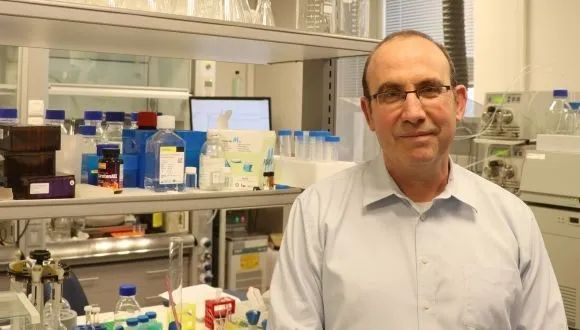
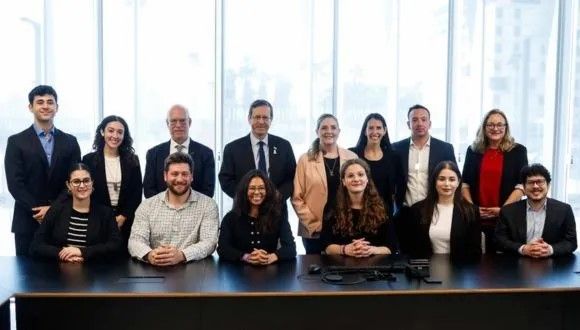
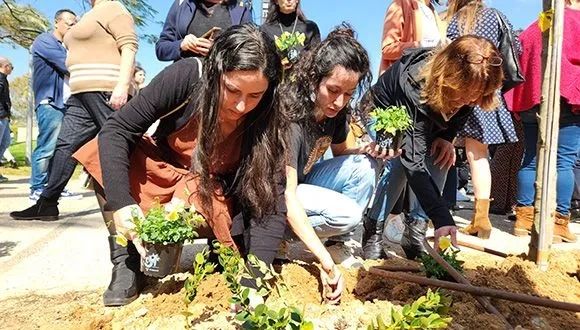
Tree Planting Ceremony Honoring October 7th Victims: A Symbol of Remembrance and Hope

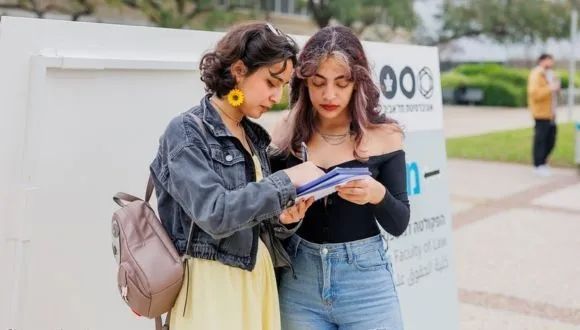
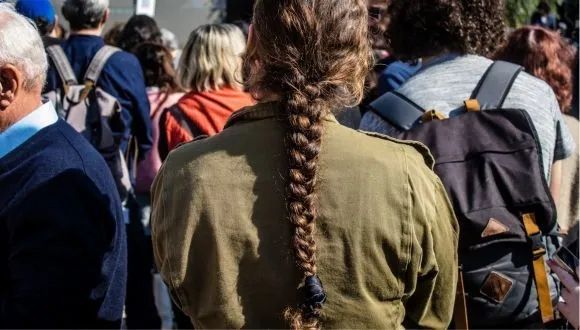
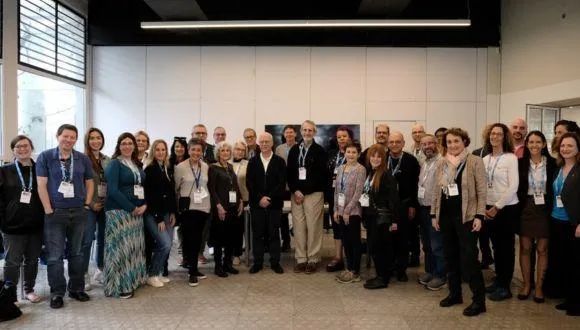
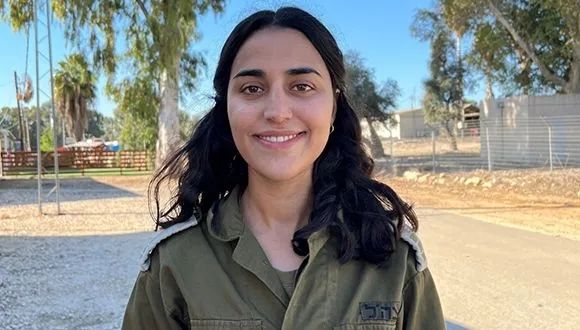
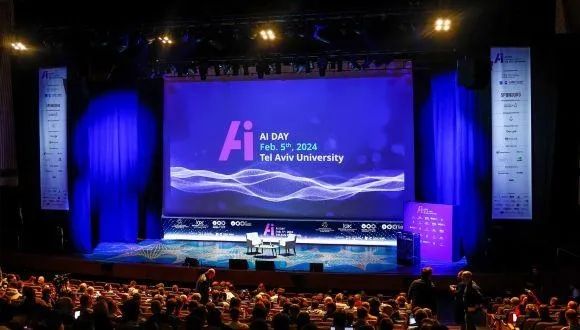
Unveiling the Frontiers of Artificial Intelligence at Tel Aviv University AI Day 2024
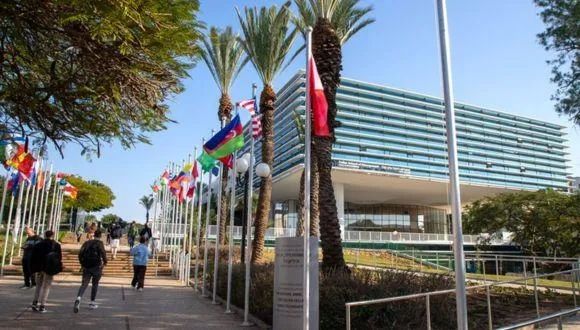
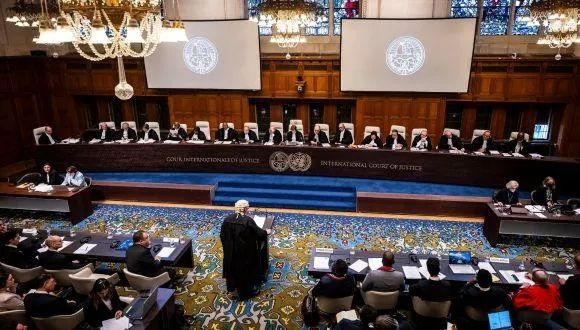
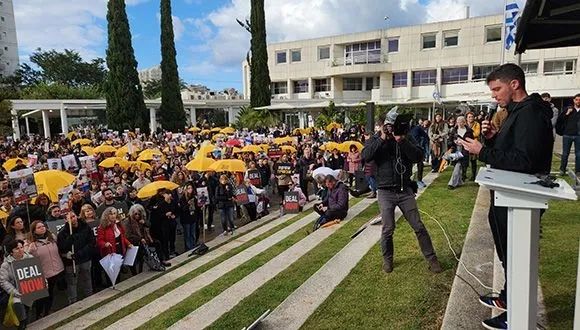
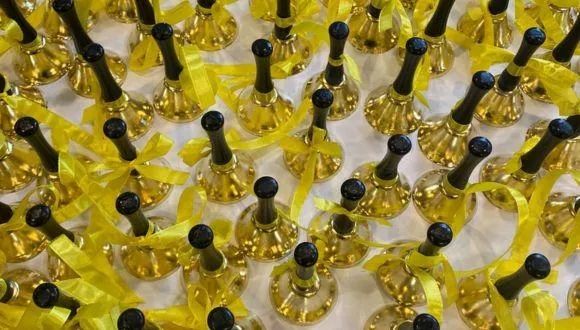
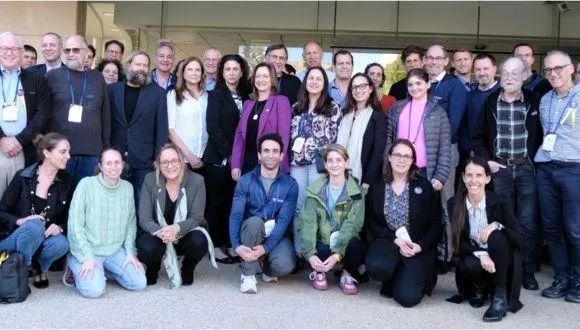

Tel Aviv University Urgently Launches a National PTSD Clinic for Civilians and Soldiers
